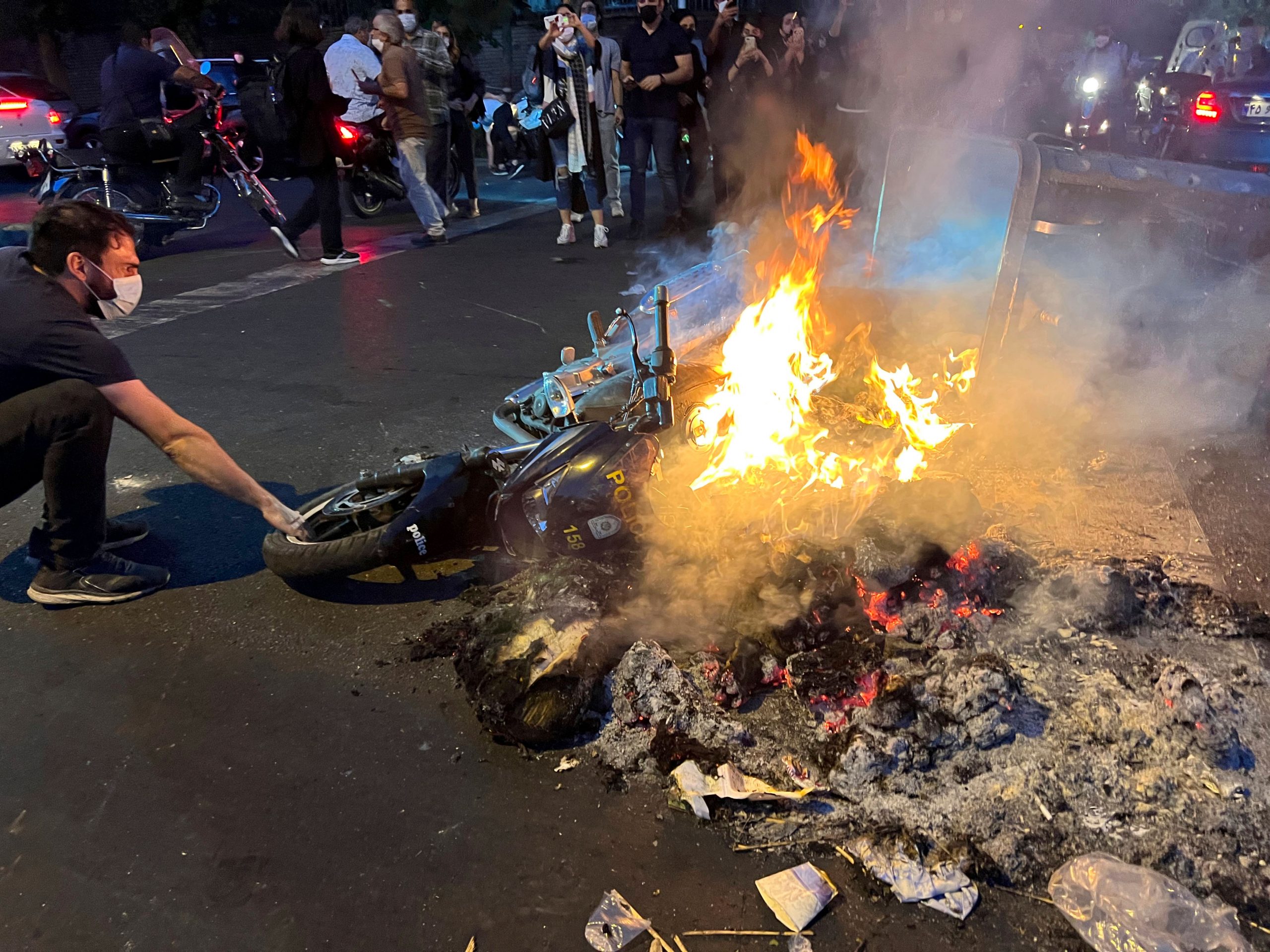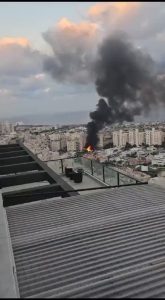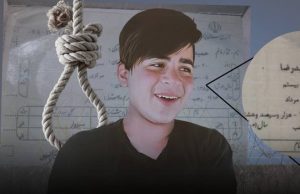Iran
has abolished its
morality police units amid the ongoing protests that were triggered by the
death of Mahsa Amini, a 22-year-old Iranian who was killed for allegedly
violating the country’s dress code.
Women-led protests, which were labeled as ‘riots’ by
the authorities have been swarming the streets of Iran since Amini’s death
three days after she was arrested by the morality police in Tehran.
Demonstrators burned
their mandatory hijab head covering, shouting anti-government slogans, with a
growing number of women stopping wearing their hijabs in protest.
Also Read | Who is Shannon Epstein, Chris Christie’s niece kicked off plane?
“Morality
police have nothing to do with the judiciary and have been abolished”,
Attorney General Mohammad Jafar Montazeri was quoted saying by the ISNA news
agency. “The judiciary continues to monitor
behavioral actions at the community level”, he added.
The scrapping of the morality police however
is no guarantee that it would be enough to halt the protests which started in
late September.
“Just because the government has
decided to dismantle morality police it doesn’t mean the protests are
ending.” one Iranian woman told BBC World Service’s Newshour program.
Also Read | Who was Jim Kolbe, longtime Arizona GOP Rep dead at 80?
“Even the government saying the
hijab is a personal choice is not enough. People know Iran has no future with
this government in power. We will see more people from different factions of
Iranian society, moderate and traditional, coming out in support of women to
get more of their rights back.”
Another woman added, “We, the
protesters, don’t care about no hijab no more. We’ve been going out without it
for the past 70 days.”
Also Read | Guns N’ Roses’ Axl Rose says ‘we’ll refrain from tossing the mic’ into crowd after fan reportedly hurt
During the protests,
Iranian women have thrown away and burned their headscarves, which was mandatory
under Iran’s conservative dress codes.
Iran’s morality
police had previously taken counter-offensive steps to curb the protests,
leading to the death of hundreds of people, according to unofficial estimates.
On November 29, an Iranian general acknowledged that more than 300 people have
been killed in the nationwide protests crisis.







